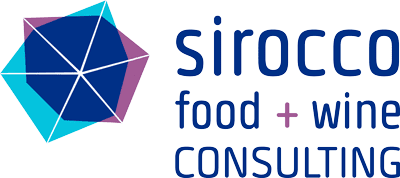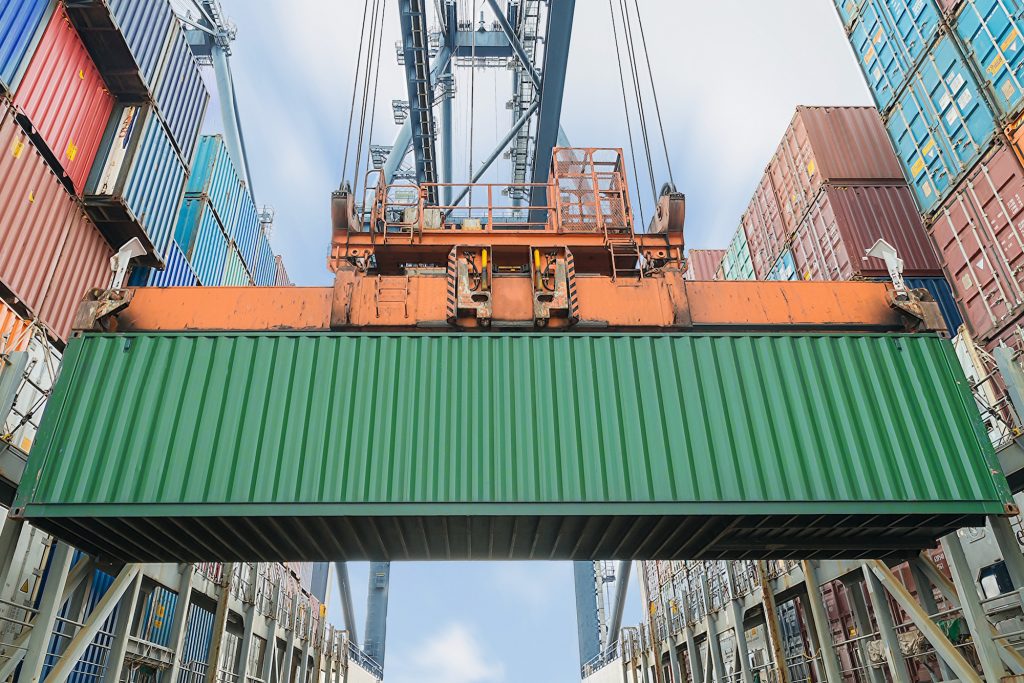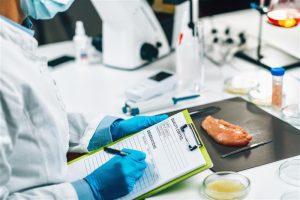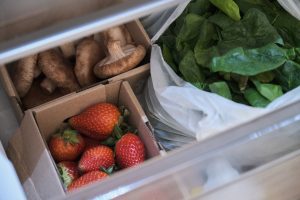Under FSMA, food importers are responsible for the safety of the food they bring into the country. FSVP or Foreign Supplier Verification Program protects the consumer from unsafe imported products. This is achieved by approving suppliers and their raw materials and taking corrective actions where applicable. Importers covered by the FSVP rule must verify that their suppliers meet, as FDA puts it, specific “food safety requirements, including that the food is not adulterated [no hard return after “food”] or misbranded with respect to allergens.”
Compliance with the FSVP regulations started May 30, 2017 for some US importers. According to reports, only a small number of regulatory inspections have been conducted by FDA since this date. FSVP being linked to the Produce and Preventive Control rule, importers must first consider the compliance of foreign farms and manufacturing sites subject to these rules prior to fulfilling their FSVP obligations.
FSVP compliance is based on the size of the foreign supplier and the regulation applicable to the foreign site. US food importers can refer to this flowchart – Am I Subject to FSVP? – to determine which requirements apply to their organization.
New FSVP Requirements for the Imported Food Entry Process
FSVP requirements are bringing changes to the entry process, but compliance will not be assessed at the border. The FSVP importer may be contacted directly by FDA to schedule a record review. At the border, the Customs and Border Protection (CBP) Automated Commercial Environment (ACE) system will require the importer of record (the filer) to enter a “FSV” code to indicate that the entry of food products is subject to the FSVP regulations. Following acceptance of this criteria, the ACE system will prompt the filer for the FSVP importer’s name, email address, and DUNS number. It is therefore critical that the FSVP importer be identified and contact information communicated to the filer. However, and for a limited time, importers can submit the code “UNK” (“unknown”) in the entry data field where the DUNS number would have been keyed in for the designated FSVP importer. DUNS numbers may be obtained free of charge by contacting D&B at 866-705-5711 or via e-mail to [email protected].
If, on the other hand, the food is not subject to FSVP requirements or not subject to FSVP at the present time, the import records must identify an “FSX” code (exemption from FSVP or compliance with FSVP is not yet required) or “RNE” (food is exempt from FSVP because it is used for research or evaluation). The FDA has communicated that “if one of these codes is not transmitted for an imported food product under FDA jurisdiction, the entry line will be rejected.”
FSVP Supplier Approvals
An importer who identifies that FSVP requirements must be followed, must conduct verification activities to provide assurances intended to ensure that foreign manufacturers/farms follow FDA food safety regulations. A number of verification activities may be employed based on risks, the most stringent one being the requirement for a yearly on-site audit of the foreign site. This would be the case when the US importer has identified, as part of a hazard analysis, that there is a reasonable probability that consumers may be exposed to a hazard — controlled by the foreign supplier — that will result in serious adverse health consequences or death to humans or animals, also called a SAHCODHA hazard. Other less strict supplier and material verifications include document reviews or sample and testing materials for safety.
Automating the Supplier Verification Program
The FSVP requirements are increasing the already heavy burden of record-keeping associated with food imports. Since FSVP approvals must be conducted on all suppliers and for each imported product they supply, companies are already opting to automate, update, and manage all compliance records using cloud-based, secure applications. Technology allows businesses to gather all compliance records in one database with the flexibility of communicating back and forth with stakeholders. While some importers with FDA Qualified Individual credentials will be able to perform these supplier and material approvals directly, other importers will have the option to outsource FSVP-related compliance activities. Find out more about Automated Supplier Approvals here:
Automate your FSVP – Watch Meet Kate!
“3iVerify is a secure, collaborative cloud hosted food safety management system that allows users to automate, update and manage all necessary compliance related information, pertaining to their supply chain. This information can relate to any aspect of the products or ingredients being purchased as well as relevant information relating to each individual supplier. 3iVerify provides a platform to create an integrated, fully compliant, food safety management system.”
Contact Sirocco Consulting to find out how we can help you meet FDA FSVP requirements
References:
FSVP: What Do Importers Need to Know?
3iVerify





